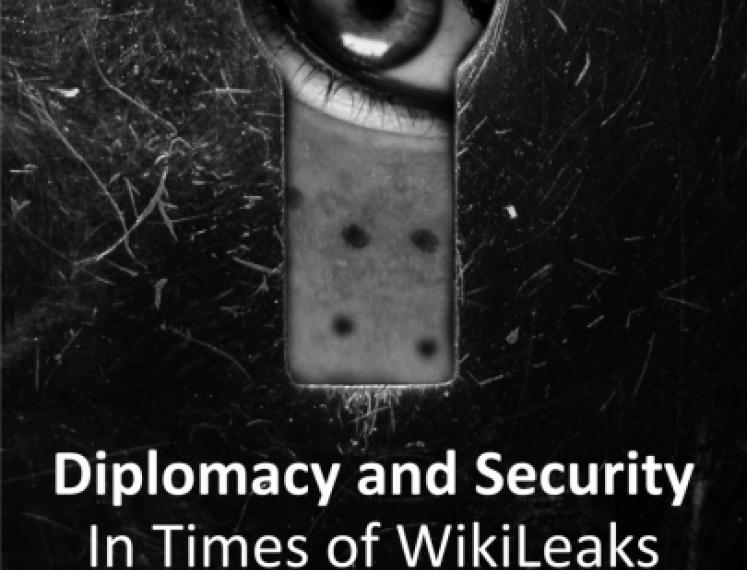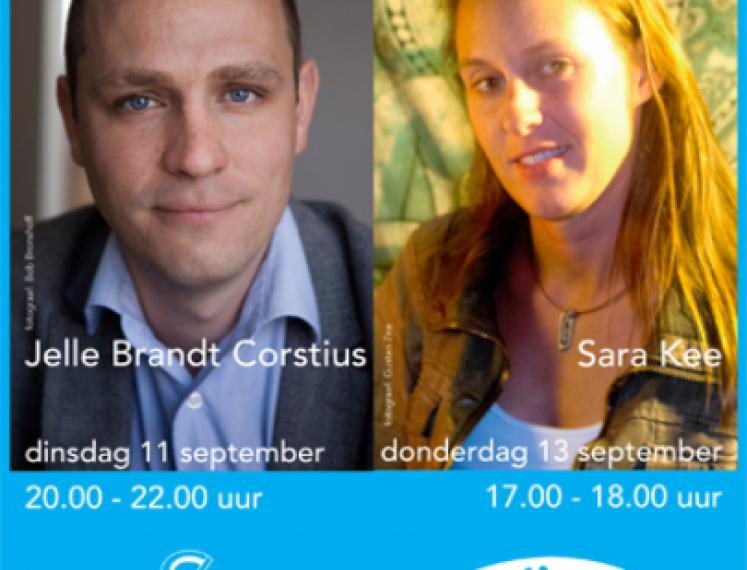Diplomacy and Security
WikiLeaks exposes back-room bargaining by embassies around the world. It provides candid views of foreign leaders and frank assessments of nuclear and terrorist threats. Diplomats and international security officials are forced to play the game with the cards face-up on the table. What are the consequences?
Making Sense of WikiLeaks and Diplomacy
Jan Melissen

Date: Wednesday 2 March 2011

The media hype about 250,000 leaked US diplomatic documents has many unexpected twists and turns. Rather unexpectedly, even the Dutch Foreign Ministry became affected by the whole affair, whilst many other governments are holding their breath. There is little doubt, though, that the leaked ‘cables’ are most uncomfortable for political leaders in the non-democratic world. WikiLeaks are an example of history today, but how can we make sense of what this means for international relations? To what extent, if at all, do the WiliLeaks constitute a blow for contemporary diplomacy? Does the confidential dialogue tell us something about how states talk to one another, or even about the importance of diplomacy in today’s international system? What is the leaks’ message about American politics and diplomacy? Jan Melissen will address these and other questions, and make sense of WikiLeaks from a diplomatic perspective.
Jan Melissen is Head of the Diplomatic Studies Program at the Netherlands Institute of International Relations ‘Clingendael’ and Professor of Diplomacy at the University of Antwerp. He is founding Editor of The Hague Journal of Diplomacy. Among his books are Public Diplomacy and Soft Power in East Asia (2011), Consular Affairs and Diplomacy (2011) and The New Public Diplomacy (2005).
Dangerous Transparency: WikiLeaks and International Security
Sami Faltas

Date: Tuesday 15 March 2011

In 1986 Mordechai Vanunu leaked information on Israel’s nuclear weapons programme to the British press. By doing so, he informed his countrymen and the world about an important aspect of Israeli policy. He also broke the law and spent many years in jail. According to Israeli authorities, he harmed the security of his country.
This example shows important principles of democratic security policy, which can collide: transparency, compliance with the law and protection of the population and the state. Journalists, politicians and citizens need to balance these principles.
How can the golden rule Reveal, Explain and Justify be applied in a domain that is so secret and technical as defence?
Sami Faltas is the executive director of the Centre for European Security Studies in Groningen, the Netherlands. He teaches democratic governance in the security sector. CESS works mostly in transitional countries like Turkey, the states of the Balkans and the former Soviet republics.



